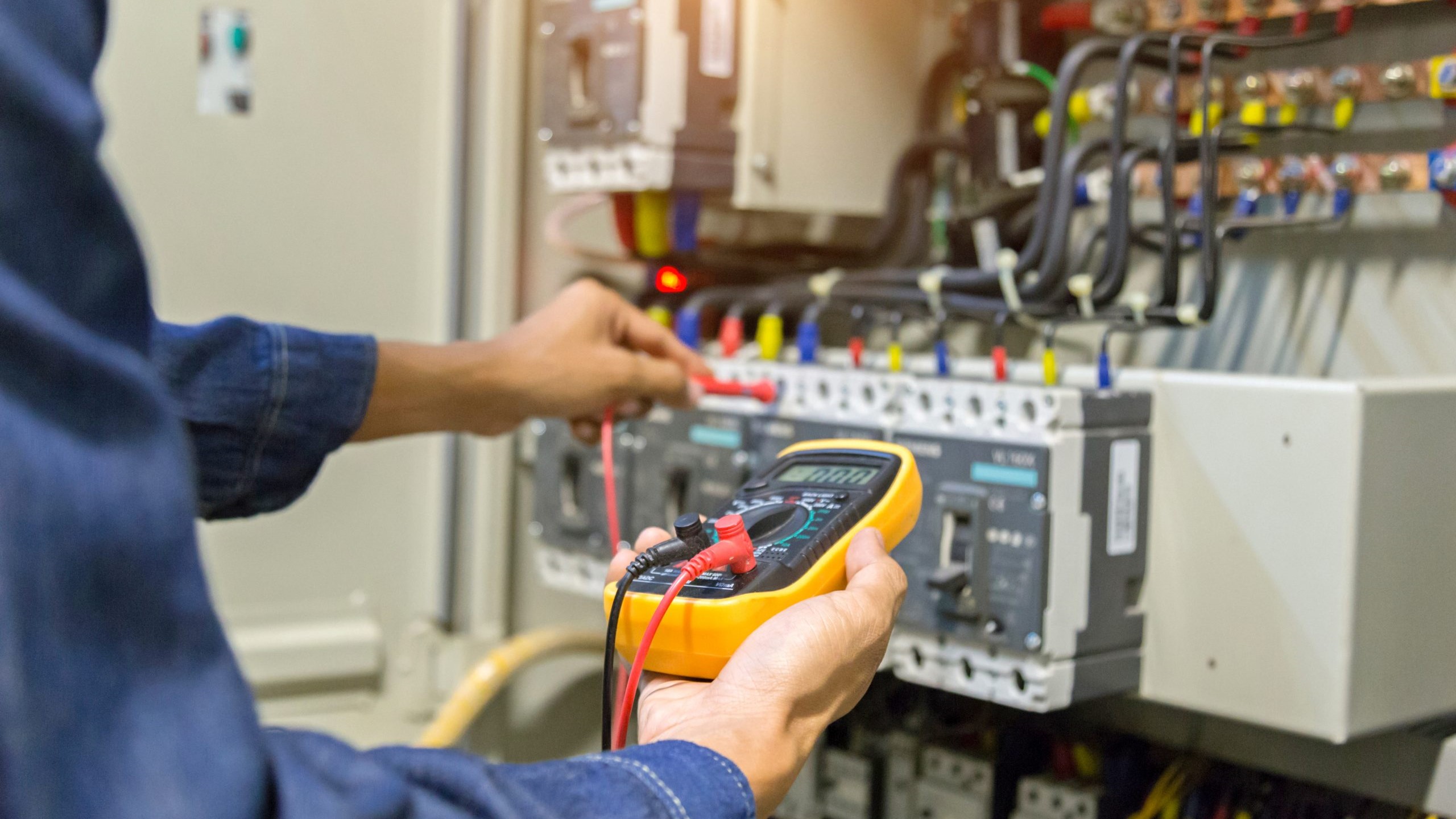Automobile power battery packs are mostly composed of 18650 lithium-ion batteries. Under the condition of normal temperature and pressure without thermal control, a cycle test was carried out with 8 iSPACE 18650 lithium-ion batteries, and the capacity, energy and charge and discharge time changes with the number of cycles were analyzed and summarized, in order to find out the factors affecting battery consistency. Quantitative model. The single capacity of 18650 lithium-ion batteries is small, and they are often used in the form of battery packs. Electric vehicles use iSPACE 18650 battery as the power source, and the consistency of the single battery is particularly important for the impact of the battery pack.
The scientific research team studied the consistency of the 18650 lithium-ion battery used in pure electric vehicles during the initial and aging process, and analyzed the impact of current, temperature and voltage on the consistency, and concluded that in order to improve the consistency of the 18650 battery, the charge and discharge rate must be changed. And the temperature is controlled within a certain range, and the battery should be classified from the perspective of aging.
Under the condition of normal temperature and pressure without thermal control, 8 iSPACE 18650 lithium-ion batteries were used to carry out the cycle performance consistency test, and the charging and discharging time, capacity and energy changes during the cycle were analyzed. After 250 to 300 cycles, the battery performance has been different. After 500 cycles, 6 of the batteries cannot be cycled normally. This shows that as the number of cycles increases, the differences in performance between individual batteries become more and more obvious, and battery consistency becomes worse.
Comparing the data obtained from the test with the charging and discharging energy, charging time, and charging capacity of the battery pack for electric vehicles with a battery management system, it is found that the iSPACE battery pack uses a battery management system to control the charge and discharge of the battery, and has Temperature control measures ensure that the battery works in a good environment, which can delay the deterioration of battery performance and extend the cycle life of the battery.
The setting of the battery management system of the electric vehicle can make the battery pack cycle with a certain discharge depth system instead of being completely charged and discharged, which delays the process of battery aging. The average total output energy of each battery in the cycle life cycle is 4.74kWh. In the test, the value is 3.74kWh in 500 cycles of 8 batteries. Due to the retention of battery energy during each discharge, the aging of the lithium-ion battery under the iSPACE battery management system slows down, and the total discharge energy is increased.
Post time: Sep-26-2021






